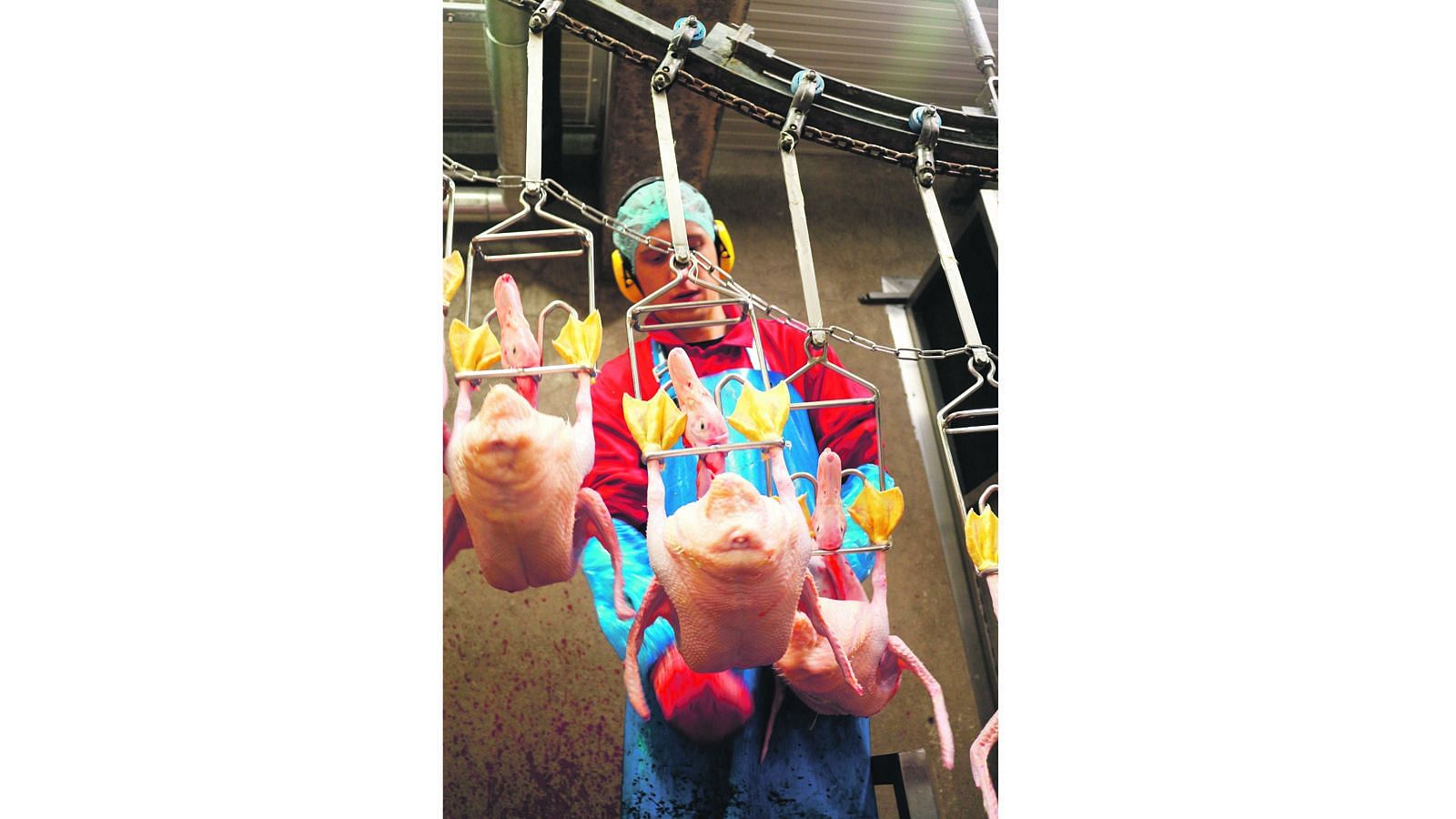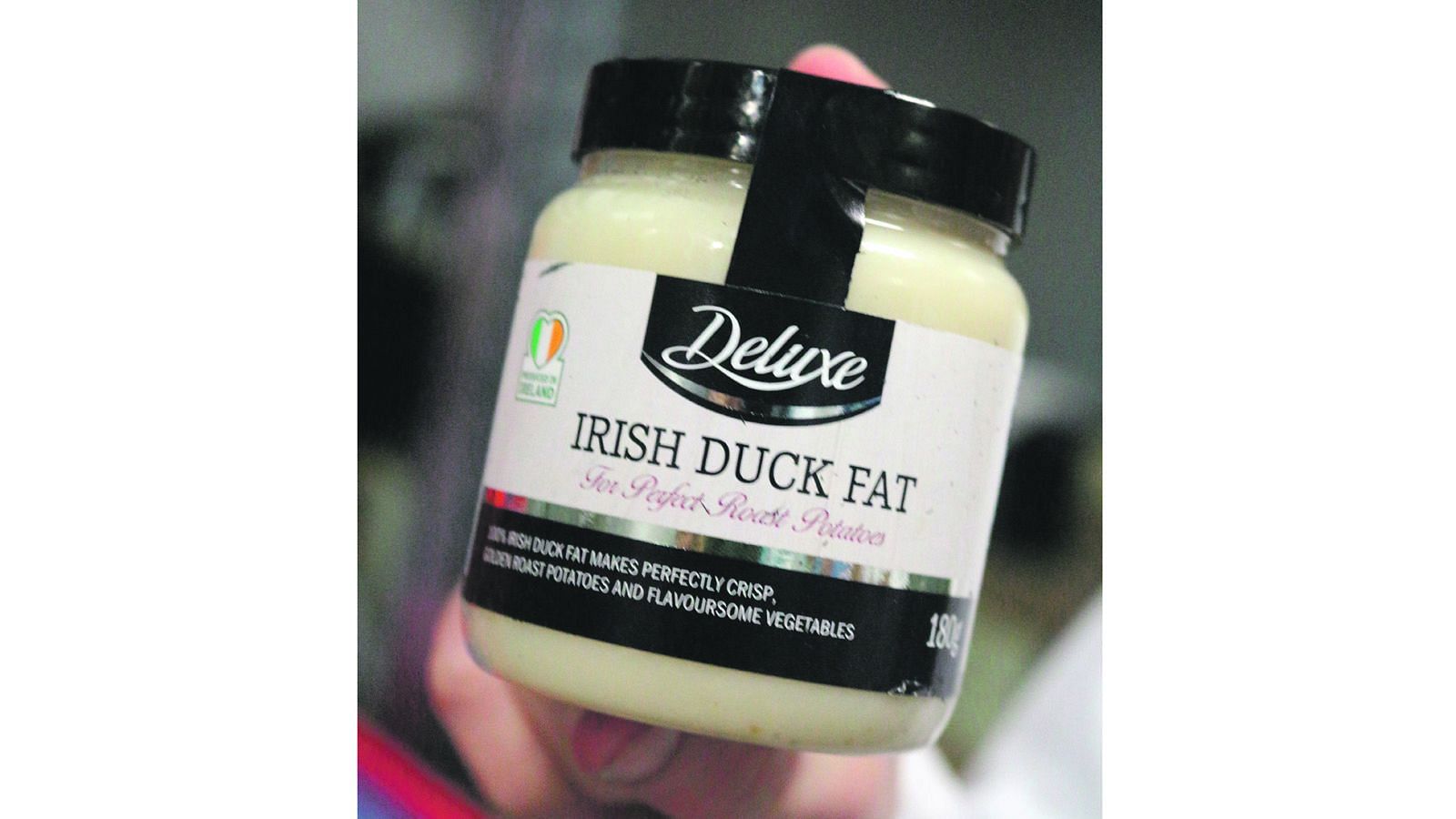How Irish ducks became an Asian cuisine sensation
Sign up now: Weekly recommendations for the best eats in town

The eggs are incubated in an isolated and temperature controlled environment.
(THE BUSINESS TIMES) - Silver Hill came to the attention of international gourmets when British celebrity chef Heston Blumenthal stumbled upon this Irish farm, rearing fowl that the celebrity chef turned into "perfect" Peking Duck on one of his television shows.
It is now the star at Singapore's London Fat Duck - the cheekily-named Chinese restaurant that unabashedly riffs off Blumenthal's famous restaurant in Bray, England - and several other local Chinese restaurants seeking out succulent specimens for their menus.
The story about how an Irish duck became an Asian sensation began some 50 years ago, when Ronnie and Lyla Steele started a farm in Emyvale, County Monaghan, Ireland, with just six top-quality ducks. The couple were both from the poultry industry and wanted to move to the countryside to start their own business. At the start, Lyla wanted to farm chicken, while Ronnie had a soft spot for turkey. They eventually compromised with duck - a strange decision, as the Irish were not traditional duck eaters.
In an effort to sway attitudes, the couple crossbred and developed a hybrid duck unique to their farm. Over the years, expertise was brought in to further enhance the breed with controlled breeding environments, strict diets of soya bean and wheat, and a 5km-radius farm size to prevent the outbreak of disease.
The unique characteristics of the duck are its short legs, thick chest and high fat content averaging 30 to 35 per cent. Although the fat ratio may sound alarming, it was the bird of choice for chef Blumenthal, who travelled the world looking for the best ingredients for his TV show, In Search of Perfection (2006-2007).
Executive chef Tse Kit of Lucky 8 Restaurant in Singapore, who trained at the renowned Quan Jude Peking Roast Duck Restaurant in Beijing, explained that fat helps to moisturise the bird when roasting at a high temperature. The fat eventually melts away when the duck is ready to serve. The Silver Hill duck stood out from the competition as its meat was tender and moist, with a faint fragrance.

In its early days, Silver Hill catered primarily to the regional market. Only when it hired a non-family member, Mr Michael Briody, as chief executive, did it start aggressively wooing the Asian market.

The duck does not just appeal to Chinese restaurants, but Western ones as well. Melvin Chou, sous chef of Unlisted Collection, says: "It is excellent for roasting. You can't beat it if you are roasting it whole or on the crown. The flip side is that the legs are a little too fatty and there's not a lot of meat."

Silver Hill is also a big believer in sustainable practices. Mr Briody stresses that "the industry must be protected for the next generation and beyond. We are members of Origin Green (Ireland's national sustainability programme) and we believe nothing should go to waste".

Stringent care and effort begin at the breeding stage: The ducks live in specially designed climate-controlled barns far from human communities. Technology helps to monitor the quality of the ducklings at hatching stage. The ducks are reared in sheltered pens with no contact with any wild bird or animal. They are slaughtered when exactly 42 days old - just before the suppleness of the meat is compromised.
Mr Jarrod Seah, owner of Legendary Hong Kong Restaurant in Singapore, is a big fan. He describes the ideal duck as being "succulent without strong gaminess, and with sufficient fat and crispy skin". So convinced is he that he is now the agent and distributor of the duck in Hong Kong and Macau.
Sales at Silver Hill have risen by up to 25 per cent in the hands of Mr Briody and Mr Stuart Steele, son of the founding couple. The ducks have made their fatty presence known in restaurants such as Tung Lok XiHe Peking Duck, Lucky 8, Hua Ting, the Conrad and Ritz-Carlton hotels, and of course London Fat Duck. Even if the Irish ducks are not smiling, the diners sure are.


